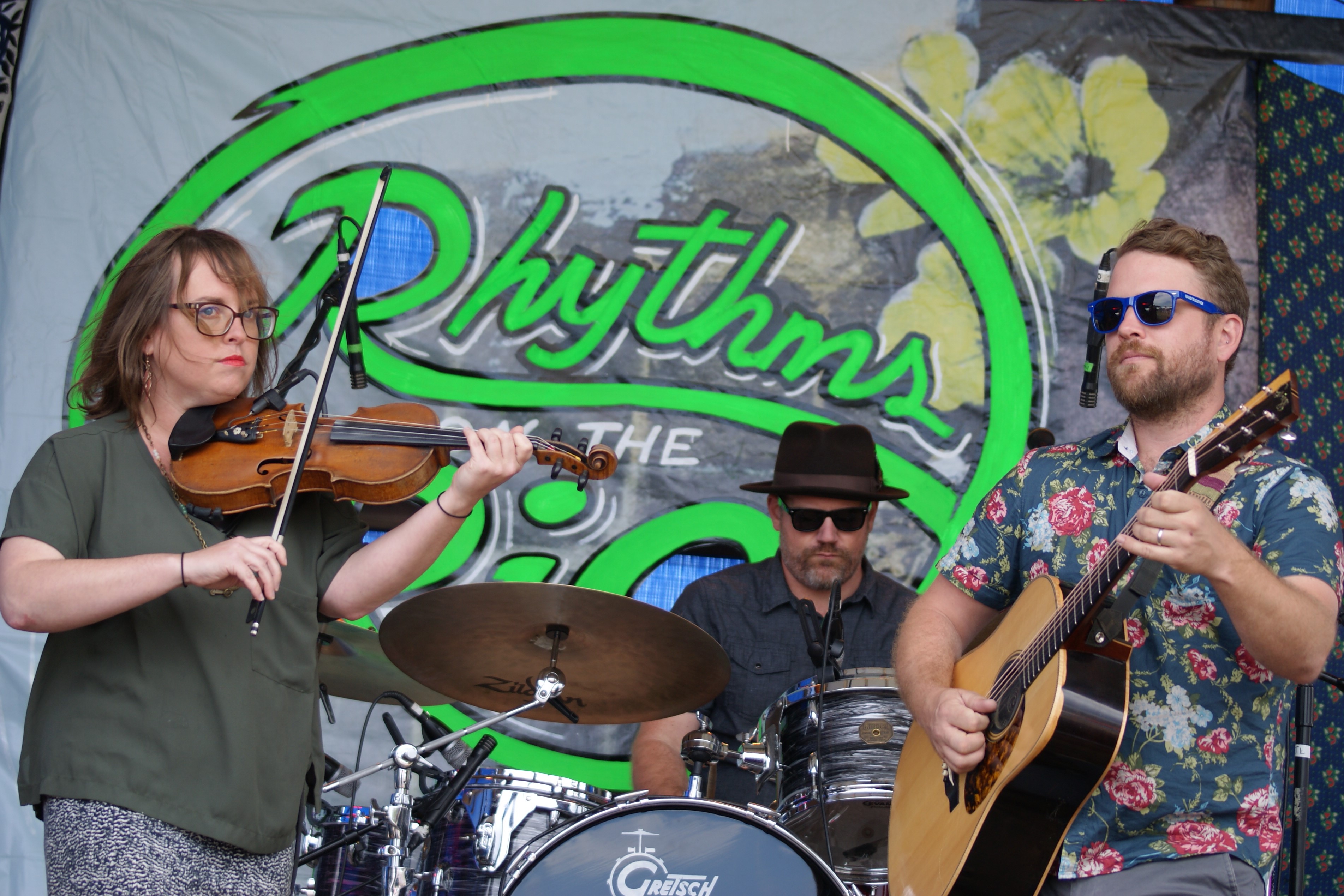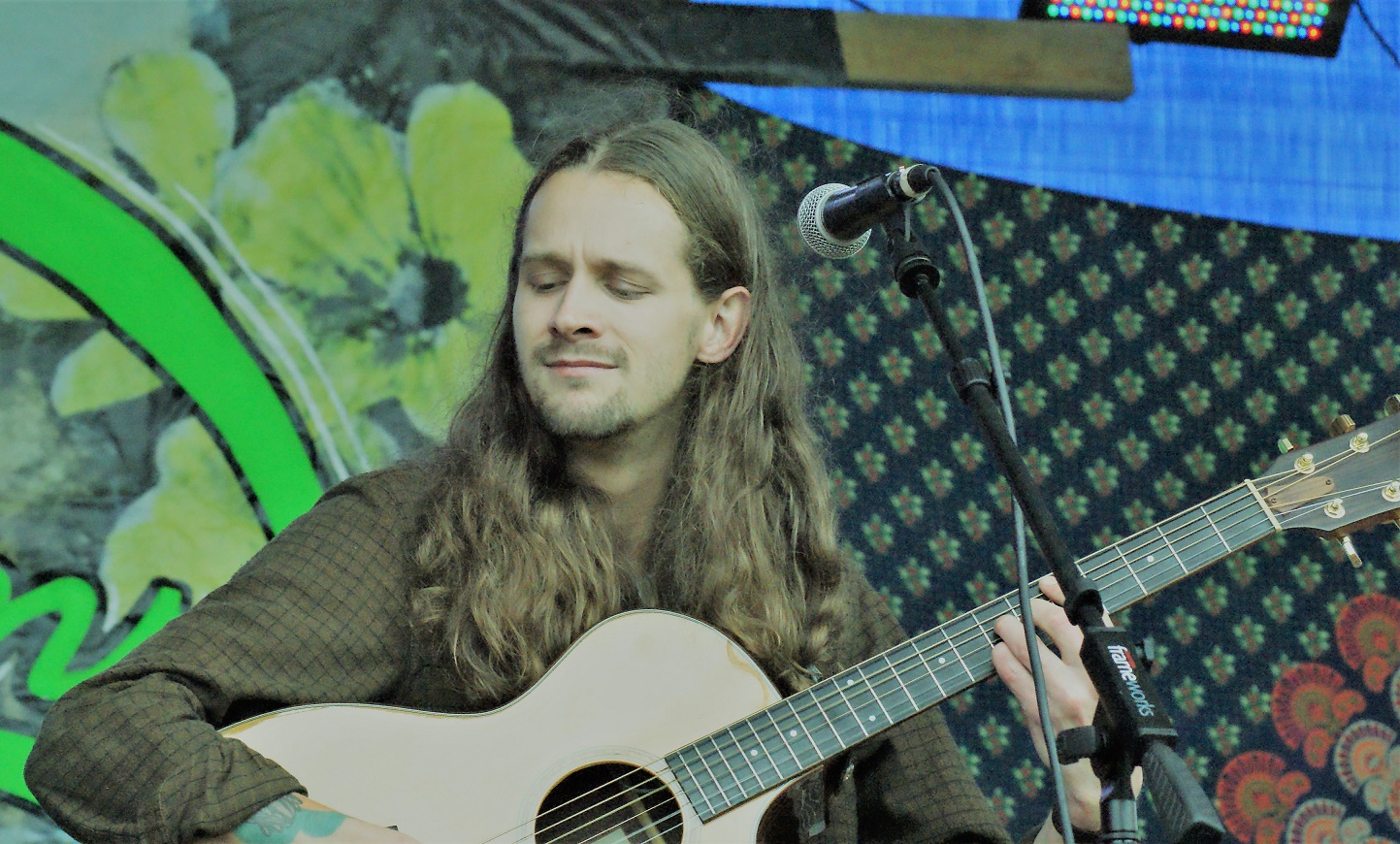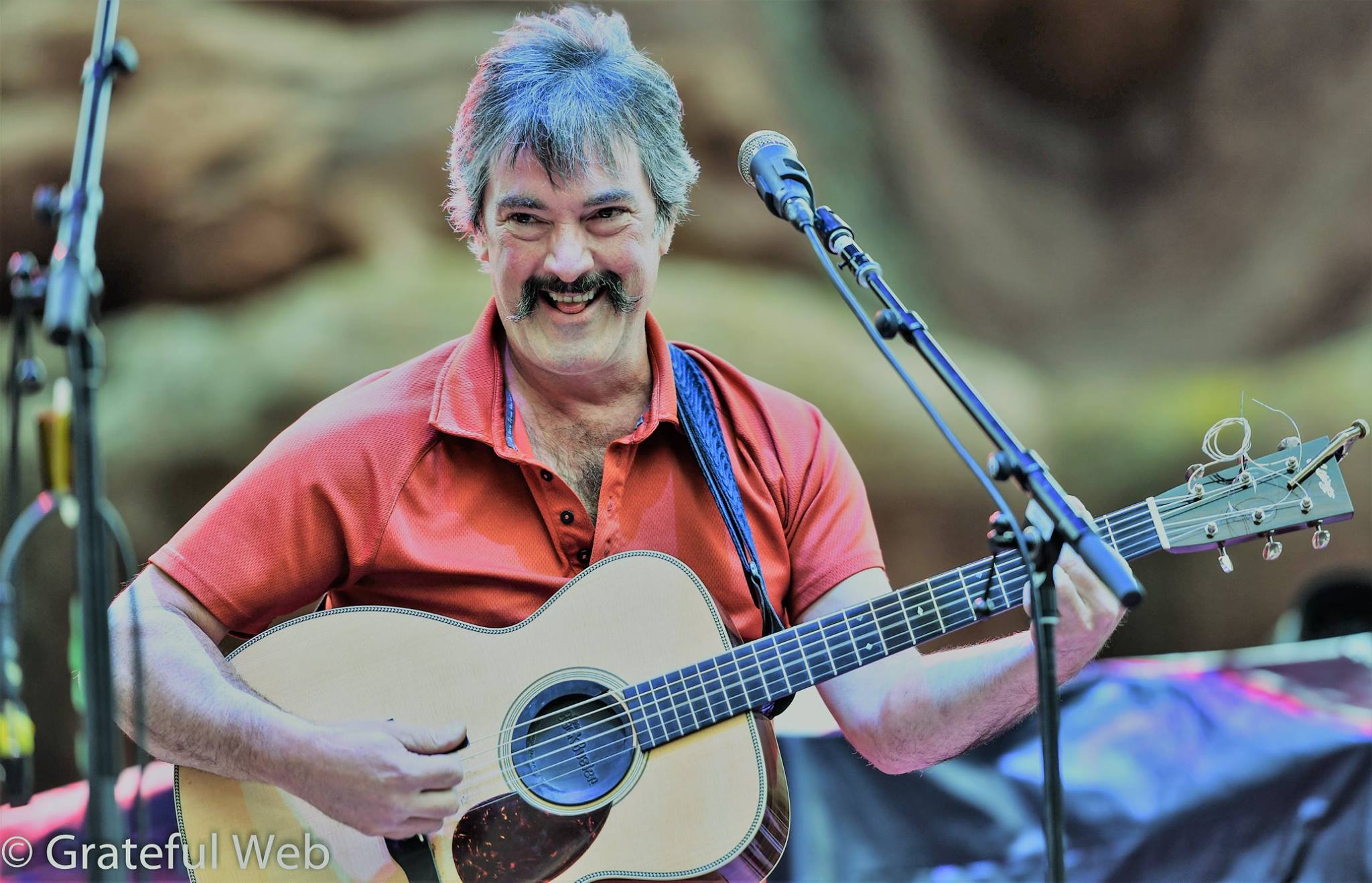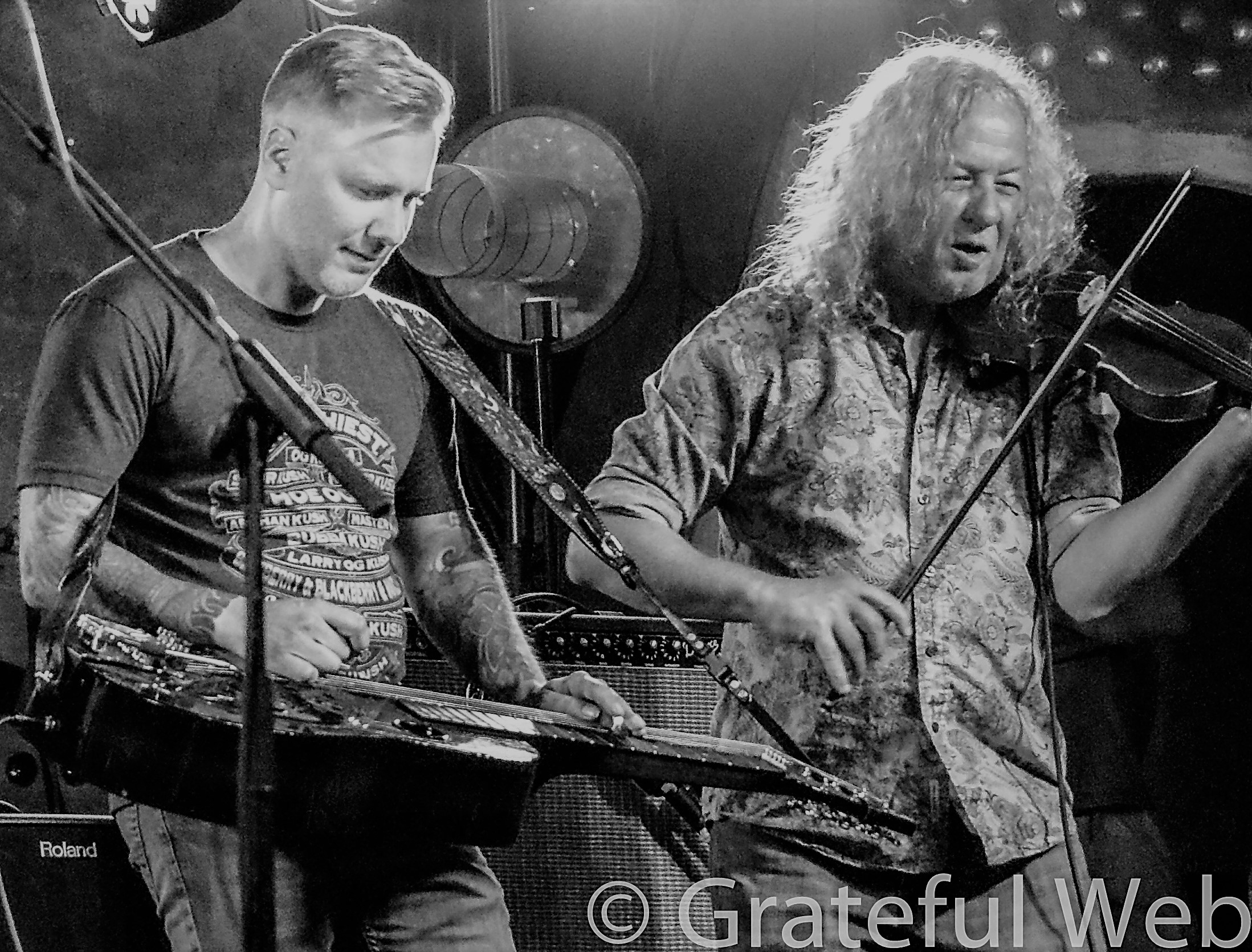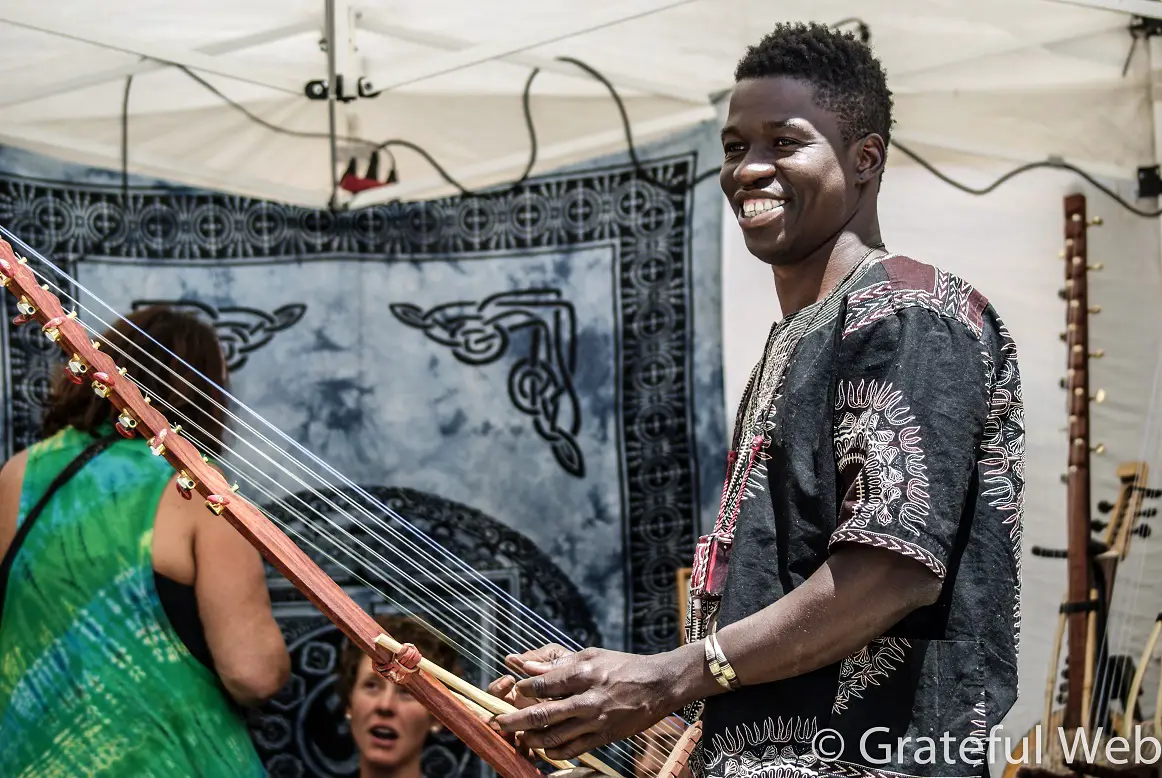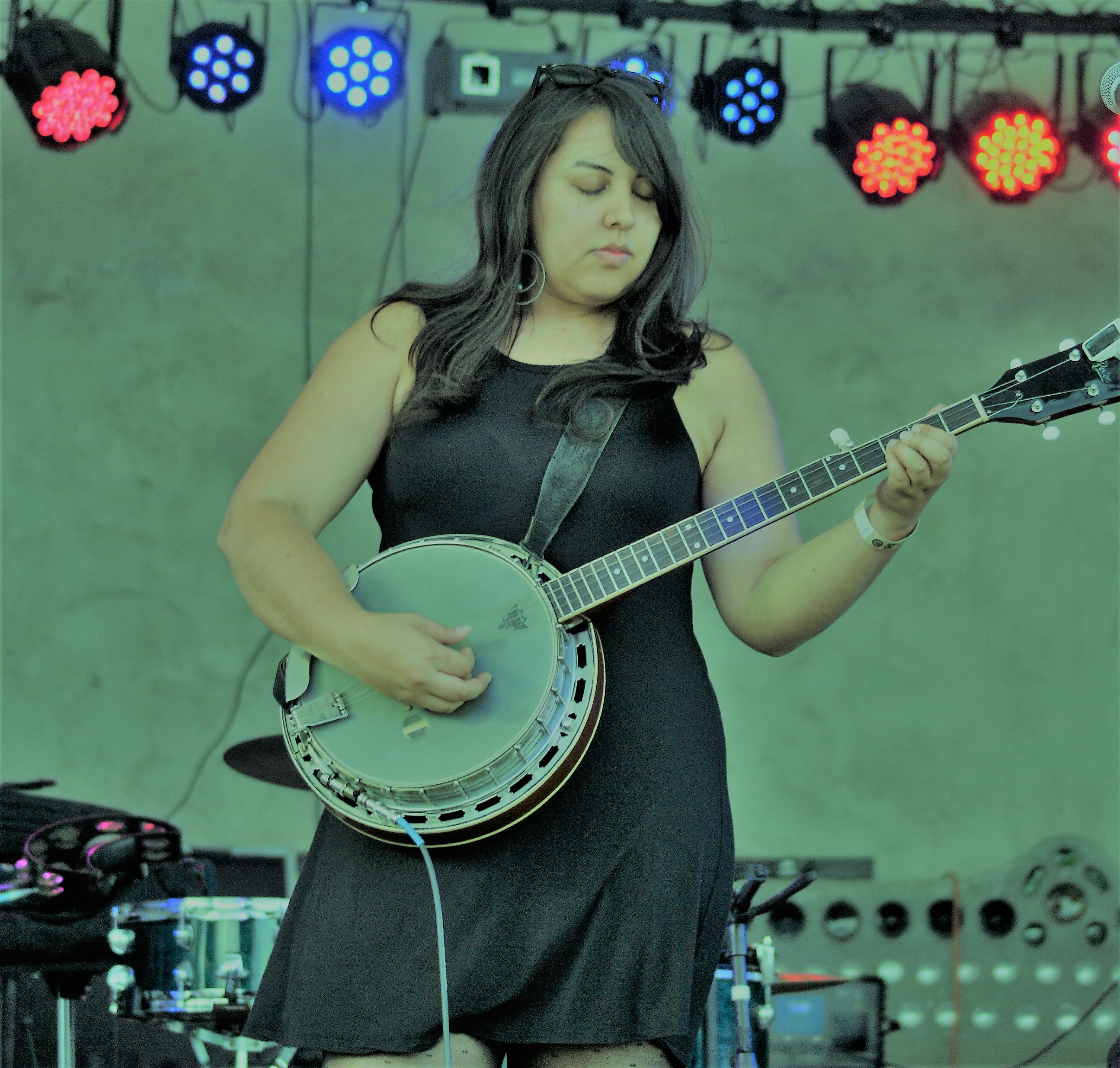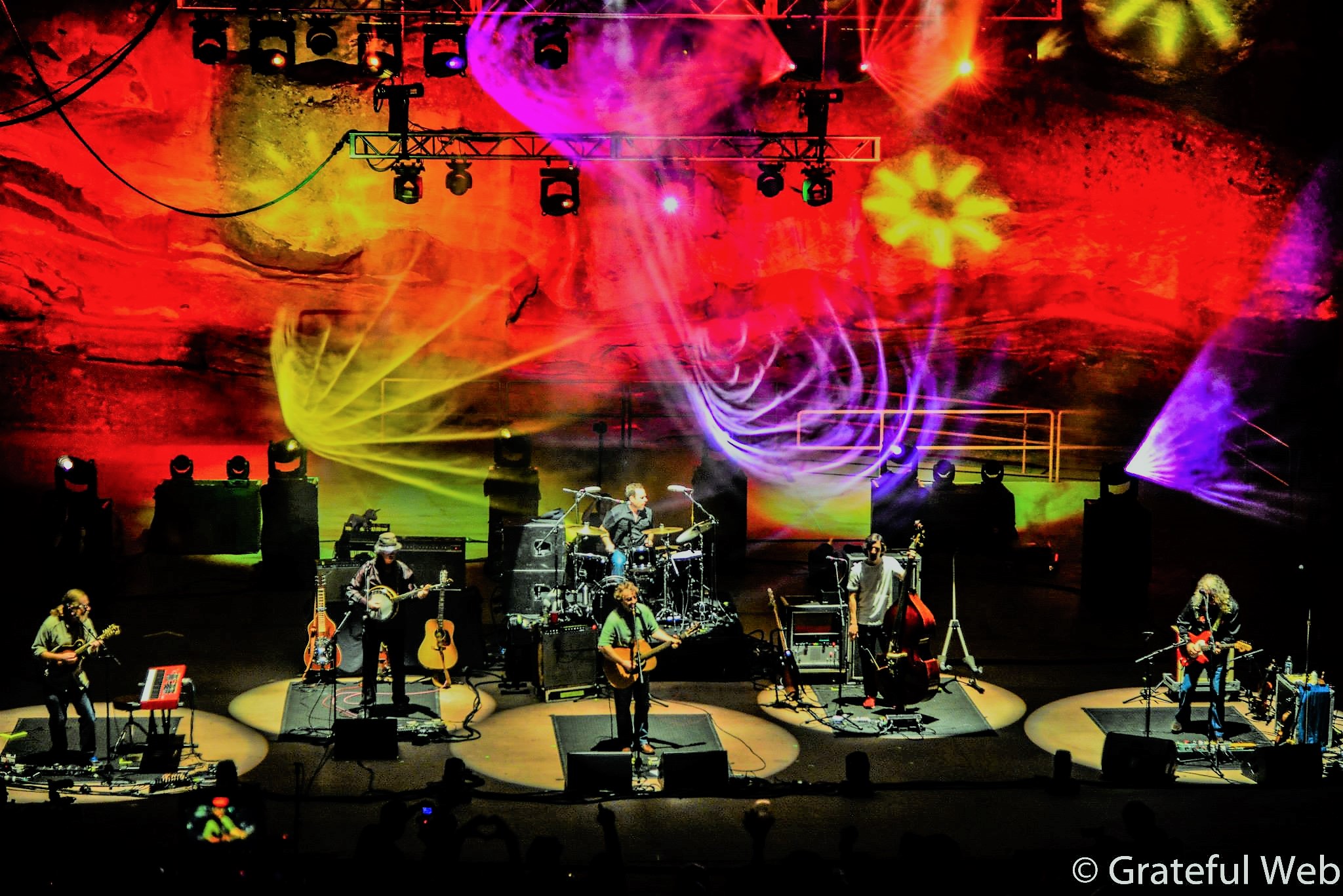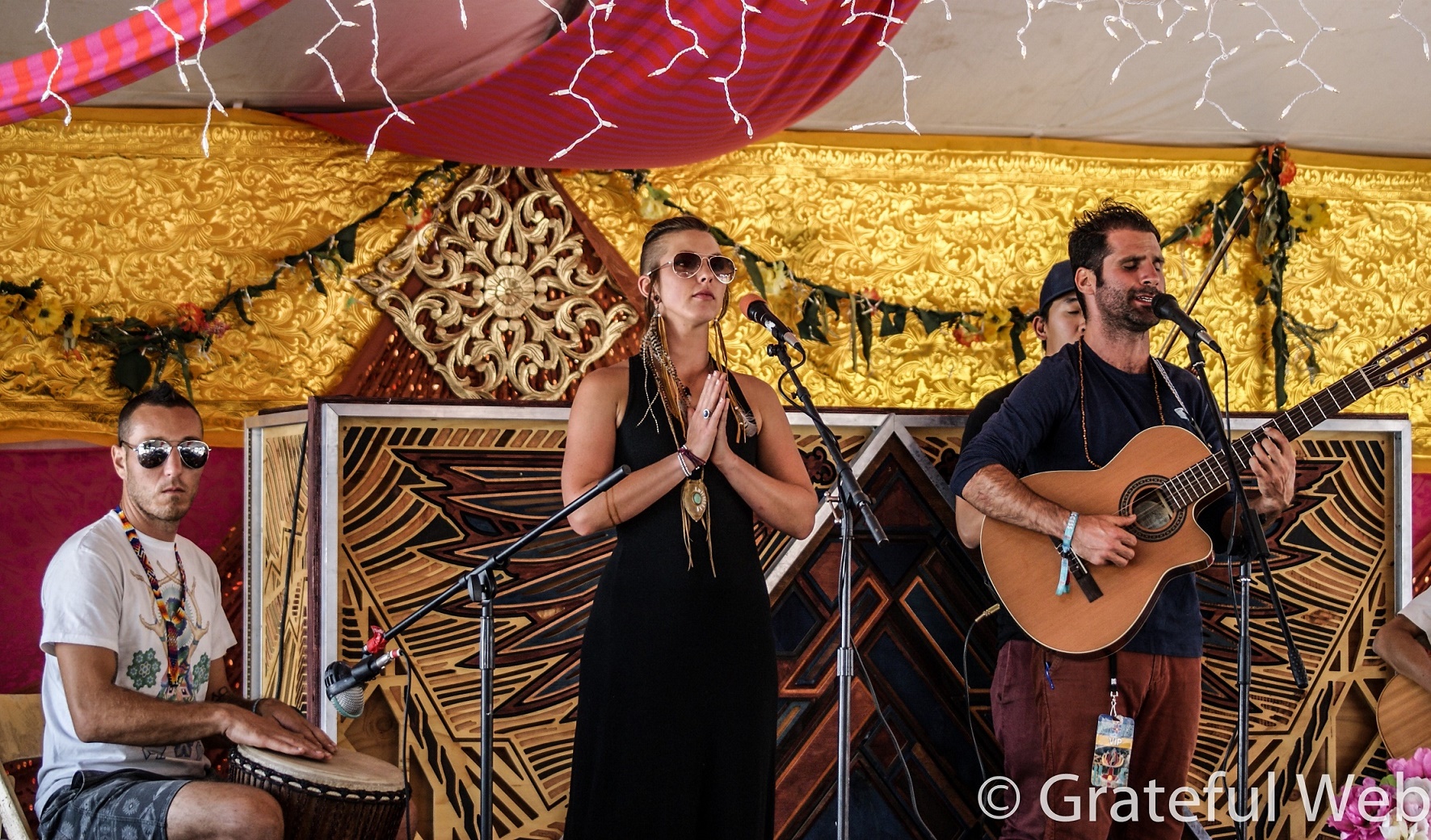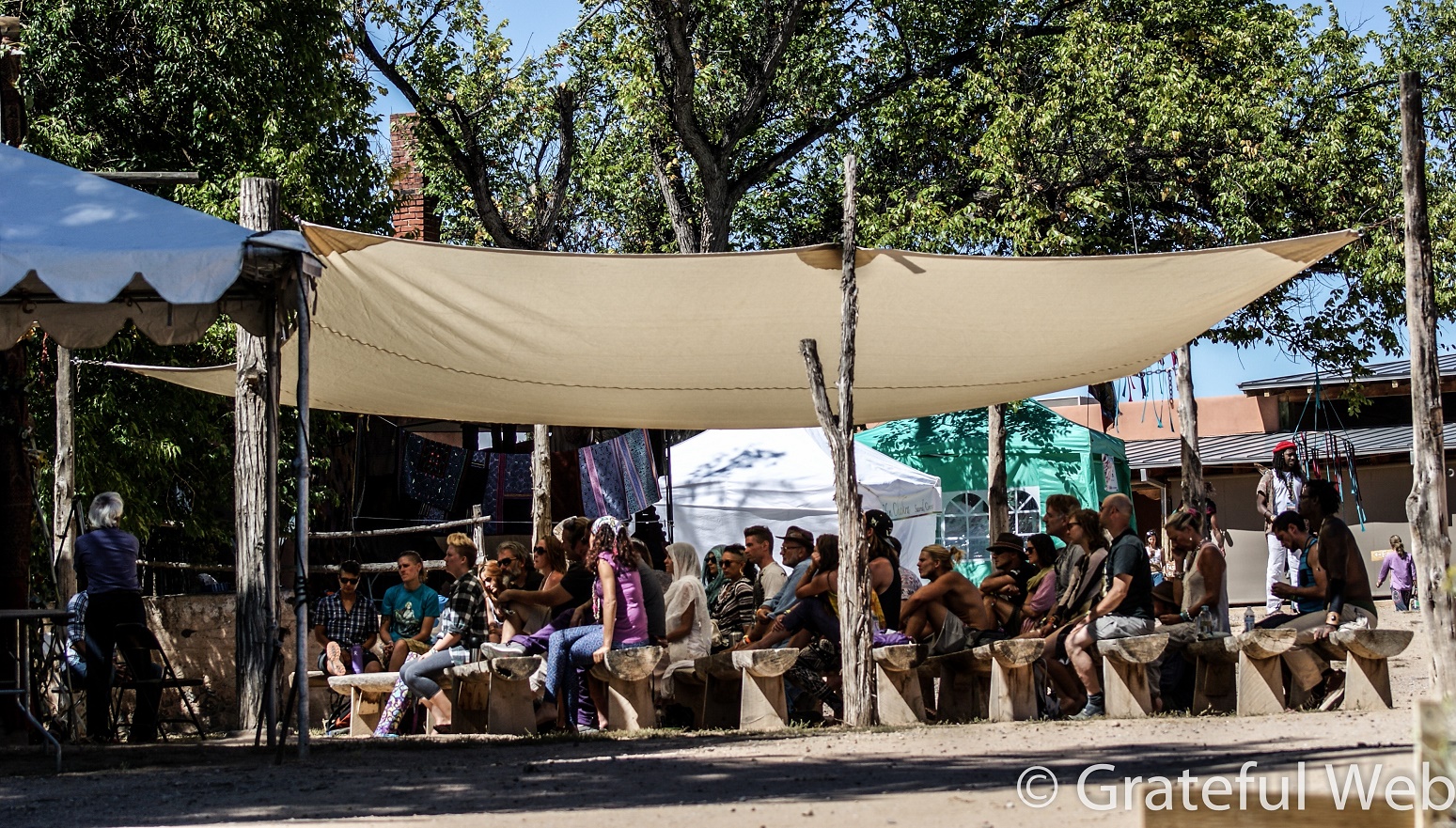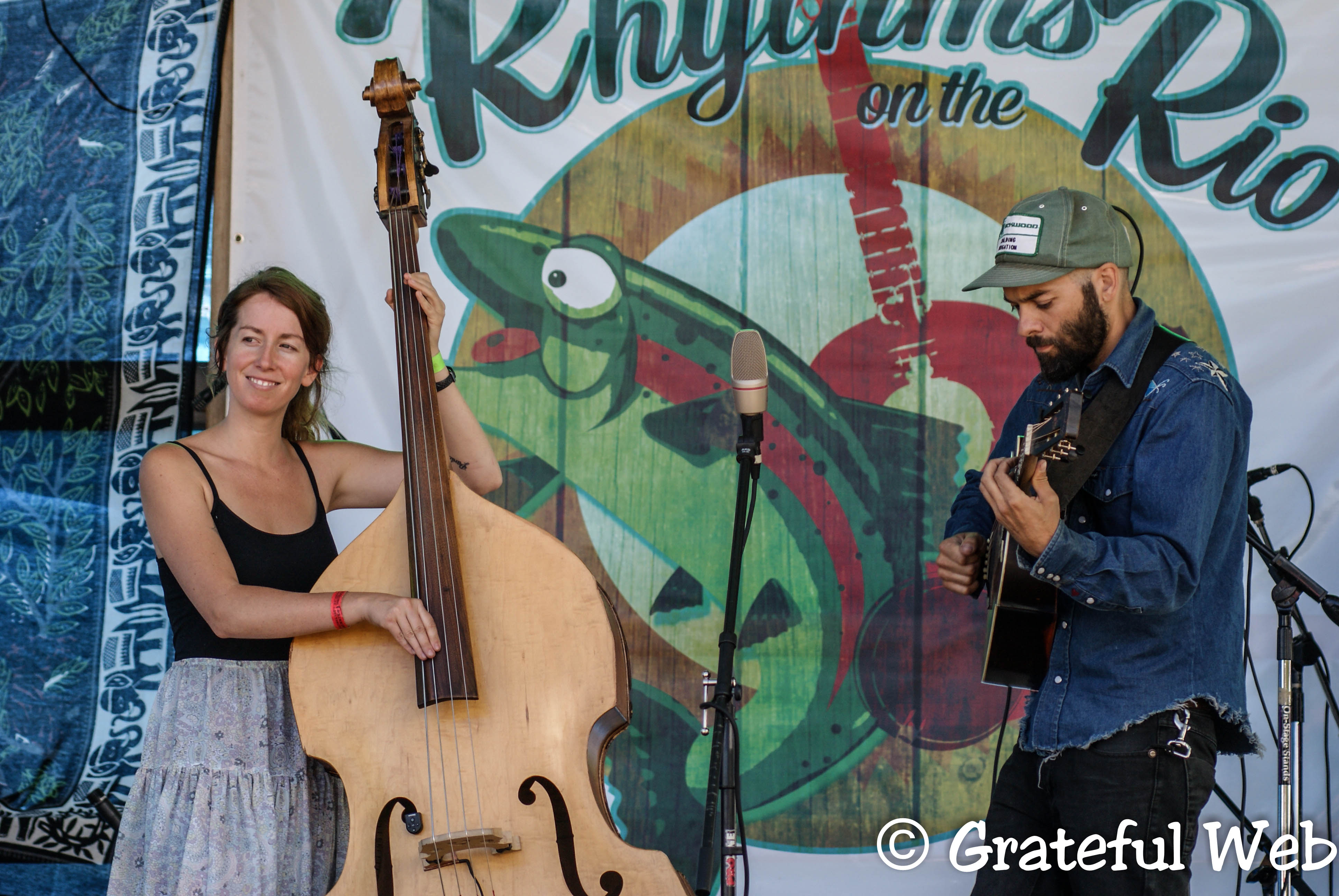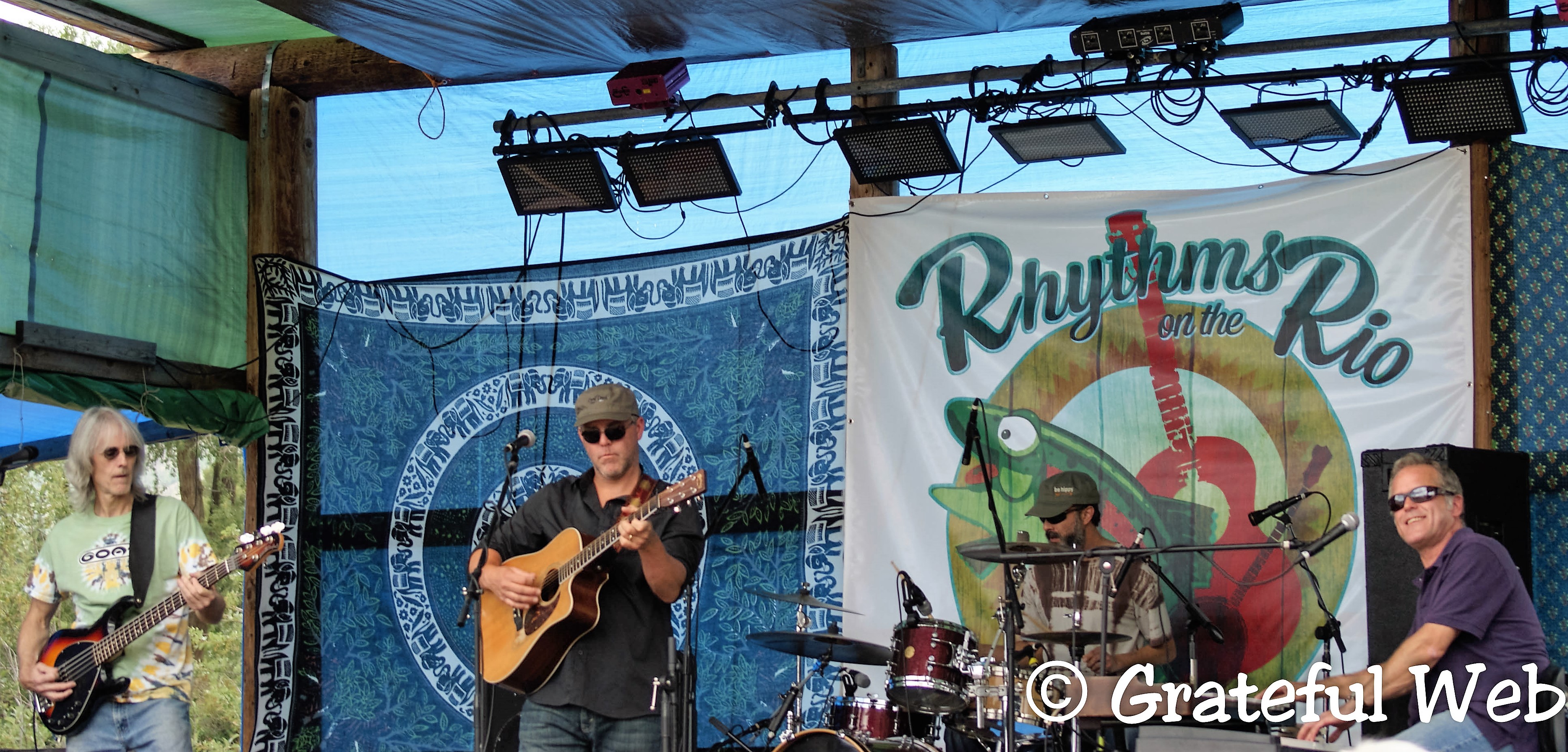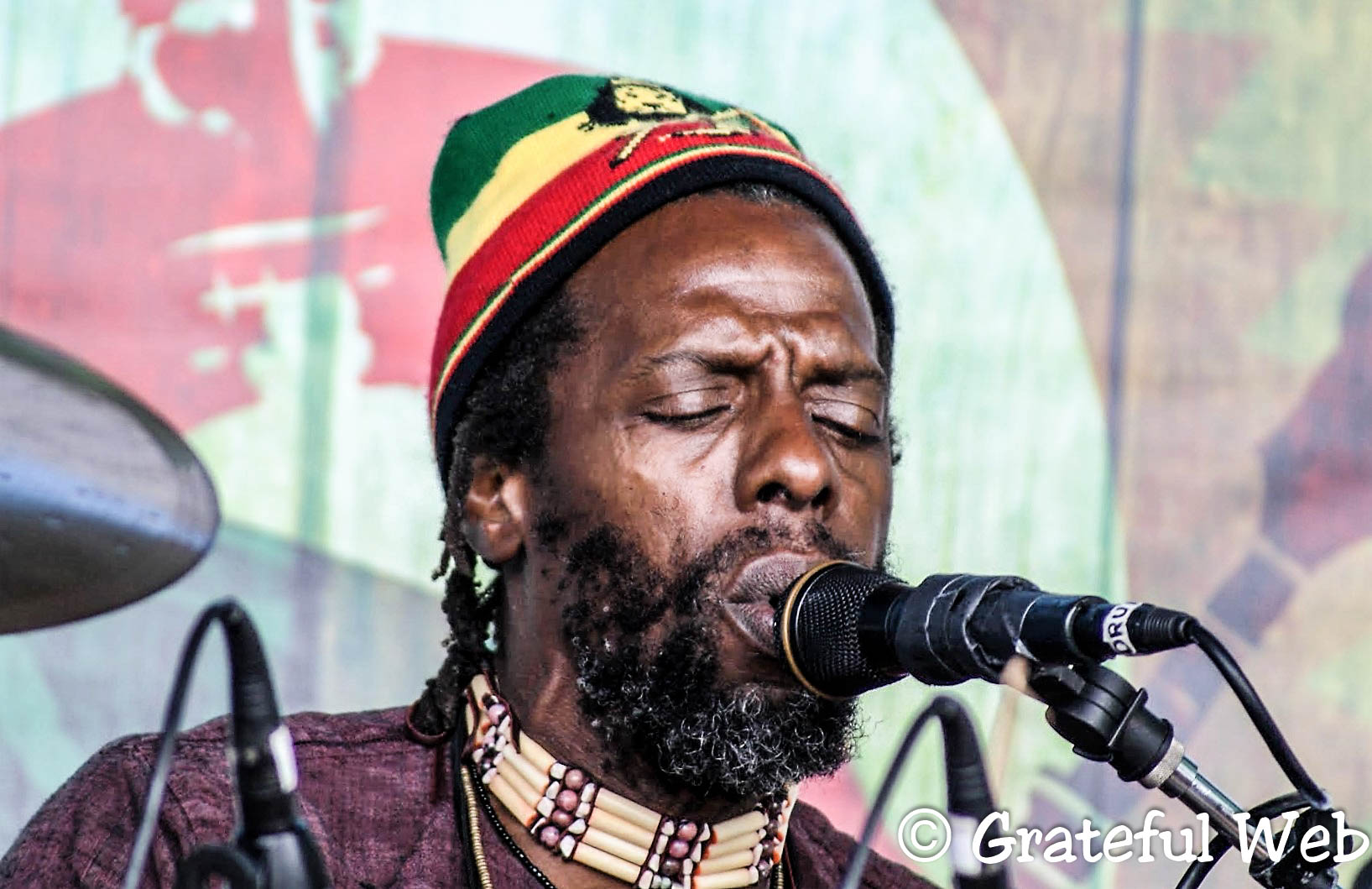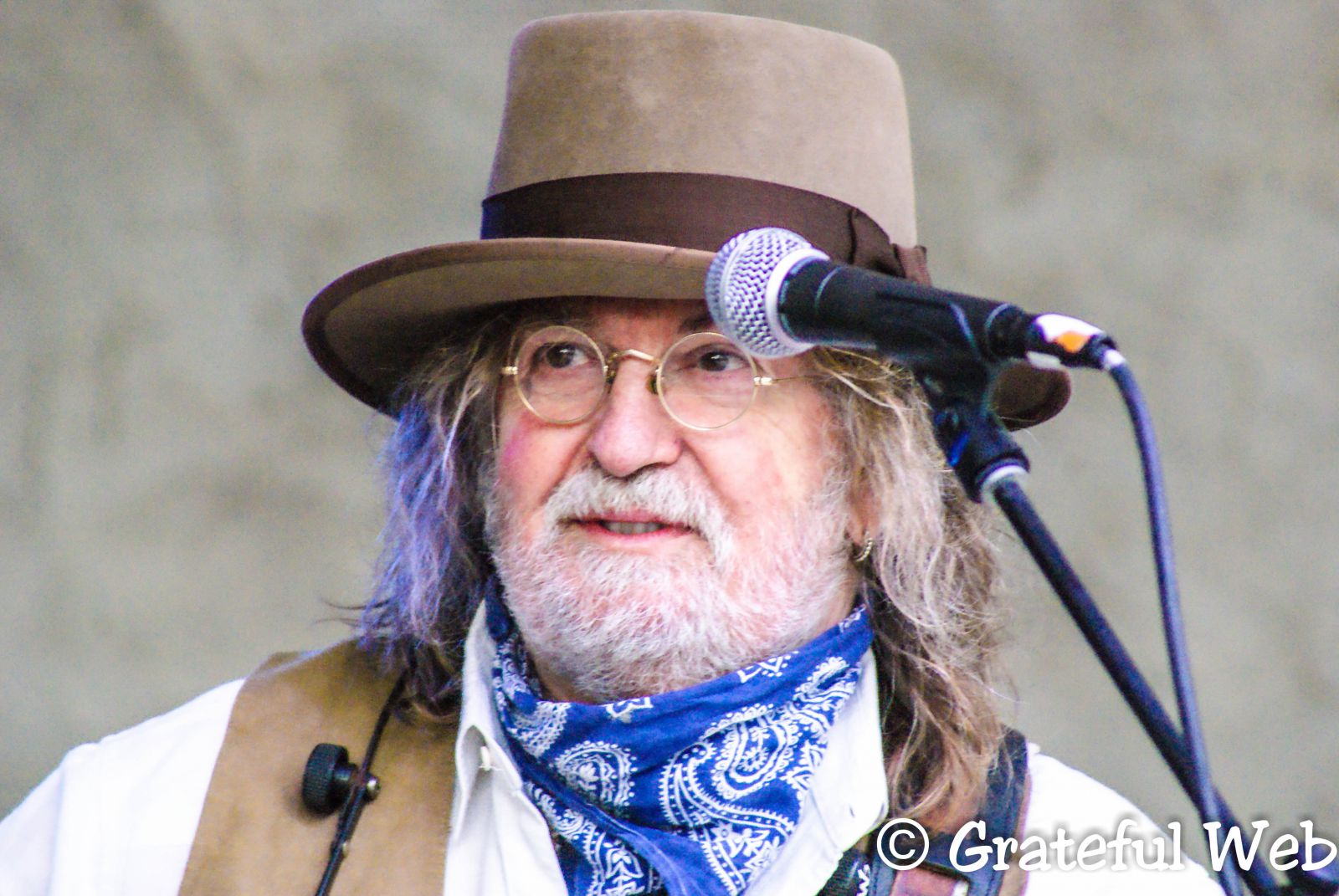Nearly every performer out there is touting some sort of Christmas or holiday album. Among those that came across my desk was a little gem called The Jewish Songbook: The Heart and Humor of a People (2008). It's a CD compilation from Shout Factory and the Jewish Music Group put together by record producer, recording engineer, playwright, singer, and screenwriter, Brooks Arthur. This guy engineered a lot of rock classics, including "Chapel of Love," "Leader of the Pack," "My Boyfriend's Back," and "Hang On Sloopy." One of the protentious choices he made was his work on Van Morrison's American debut album; Blowin Your Mind that had Morrison's signature hit "Brown-Eyed Girl." He's produced albums for Janis Ian, Liza Minnelli, and Adam Sandler. He's also produced soundtracks for several major motion pictures including all three Karate Kid movies, Ordinary People, and Lean On Me.
It comes as no surprise that he would gather a varied cast to showcase thirteen songs from his Jewish childhood that he thought would represent the warmth and humor of this community. Alongside artists you would associate with an album like this, Arthur brings the unexpected. Barbara Streisand, Neil Sedaka, Lainie Kazan, and Theodore Bikel are here adding their signature touches to time-worn favorites. The leavening that comes in this album is from vocal performances by actors we all know. Rob Schneider does a funny version of "Bagels & Lox". Jason Alexander adds a Yiddish voice to an Irish ditty and calls it "Shake Hands with Your Uncle Max." The funniest of the lot is a duet by Paul Shaffer and Richard Belzer (Law and Order: SVU) in a track called "Joe and Paul," which was translated by Theodore Bikel. And, Adam Sandler is here, too, turning in a beautiful duet with Cantor Marcelo Gindlin of "Hine Ma Tov," a traditional prayer.
There also are some instrumental cuts by Dave Koz and Helb Albert. And Manhattan Transfer does what it does with the opening track, "Utt Da Zay." Plus, there are some cuts by Marvin Hamlisch and Triumph the Insult Comic Dog. A lot of the material came from shows in the Catskills during the 50s and some came from traditional material sung by families or in temple.
The CD is well done and quite fun, but it is missing something. The spiritual songs such as Sandler's "Hine Ma Tov" and Theodore Bikel's duet with Betsy Hammer on "Sabbath Prayer," though well executed, cannot compare with brothers Martin and Michael Model and childhood friend Jan Watarz's 2005 independent recording, Songs for Zeyde (2004). That's a hard thing for me to say because I've been a long-time fan of Bikel's work. But Songs for Zeyde is that good.
This 20-song CD took four years to complete and boasts a subtitle - A musical journey in Hebrew tradition. It is first a tribute to the Models' grandfather Zeyde Joe who came to America from Poland before WWI. But it is also a contemplative and joyful work, filled with melodies that are familiar to Jews all over the world and capable of touching even the spiritual lives of non-Jews as well.
The inspiration for this project, Zeydo Joe, was a man of peace who enjoyed sitting on a bench in his Brooklyn apartment, playing his mandolin and greeting his grandsons and their friend Jan. "It was almost like he was meditating, the way he was playing," Michael says.
"His eyes and his face always had a sense of joy," Jan remembers. "Everyone has struggles in life, but somehow he was able to find what we're all in search of."
When they were youngsters, Michael and Jan used to play Beatles tunes on their guitars after school, and Zeyde often joined them on his mandolin. Zeyde was comfortable in any medium, whether a modern rock tune or the Eastern European and Gypsy melodies he had grown up with or the music from the Hebrew service he had brought with him from Poland. His influence is deep within the Model boys and their friend Jan.
Martin, a psychotherapist, does solo mandolin concerts and plays regularly for the monthly Dances for Universal Peace in Durango, near where he lives. He also is a member of the Har Shalom Ensemble (four musicians plus singers) that performs at Hebrew services and bar mitzvahs. Jan started out as a child performer in Vaudeville and did revues in the Catskill Mountains and the Pocanos. When he was 16, he was managed by Steve Lawrence and Eydie Gorme's manager. He wrote music for Mercury records, and finally landed in California to work as a musical consultant with conductor Joe Massolino for the Mike Douglas show. He has been in a number of bands and plays keyboards, bass, and guitar. Michael, a corporate comptroller in LA, played in local bands as a teenager in Brooklyn, and plays piano, drums, bass, accordion, and tuba.
When Martin gathered Zeyde's melodies and the sacred music from temple and brought them to Michael and Jan, the men realized that they needed to preserve this music for their families. Setting up in Michael's home studio, they began to lay down basic tracks. For inspiration, Martin brought Zeyde's mandolin to play on the album.
Soon the project began to grow. "It was so natural, and it was unplanned. It had G_d's hand print all over it," Jan says. They added tonal layers of different instruments and the beautiful voices of Michael's daughter Ali and Jan's daughters Amanda and Haley. Musical friend Mick Toto lent his voice, and Freddie McFinn added voice and strings to a few tracks.
 The result is a musical prayer. But not just because the music came from the sacred music of the weekly Friday evening Shabbat service and the contemplative services during the High Holy Days. There is something vibrant and dynamic about the acoustic instrumentation and the vocals that mark this work as something more than a ego-saturated performance that many artists would render with this material. There is a contemplative feel to some of the material and an intense joy to much of the other songs. "For people who grew up Jewish, who went to synagogue, these songs are in their souls," Martin says.
The result is a musical prayer. But not just because the music came from the sacred music of the weekly Friday evening Shabbat service and the contemplative services during the High Holy Days. There is something vibrant and dynamic about the acoustic instrumentation and the vocals that mark this work as something more than a ego-saturated performance that many artists would render with this material. There is a contemplative feel to some of the material and an intense joy to much of the other songs. "For people who grew up Jewish, who went to synagogue, these songs are in their souls," Martin says.
That must be why these melodies are also very singable, even for folks who weren't raised in this tradition. The listener can't help but hum or sing along. They were meant for single voices joining together in community. From the Shephardic "Blessings of G-d" that begins and ends the CD to the beautiful "Shabbat Shalom" to Rabbi Shlomo Carlebach's plaintive "Return Again" to the healing "Mi Sheberach," the album blesses, stirs, and brings listeners to a calm place of peace. Even the pure fun of "Klezmer Mama" or "Adon Olon" that has a Mannheim Steamroller feel with its fuzzed electric guitar and mandolin are meant to heal through their joy.
In addition, Martin compiled family photographs for the CD booklet that has become a hand-held history of both families and a tribute to the plight of Jews everywhere. The back cover has a photo of a relative, Rabbi Bernard Cohen, and his parents and siblings in Poland in 1916. Of the five people in the photo, only he and his sister escaped the Holocaust and came to America.
Songs for Zeyde and The Jewish Songbook are two very different offerings to consider this holiday season. They both are very good, but the choice of either is due to personal taste. It's like a choice between a CD of Christmas music by Nashville's best artists and a Ralph Stanley gospel album. It really depends on the depth of the roots you are looking for.






